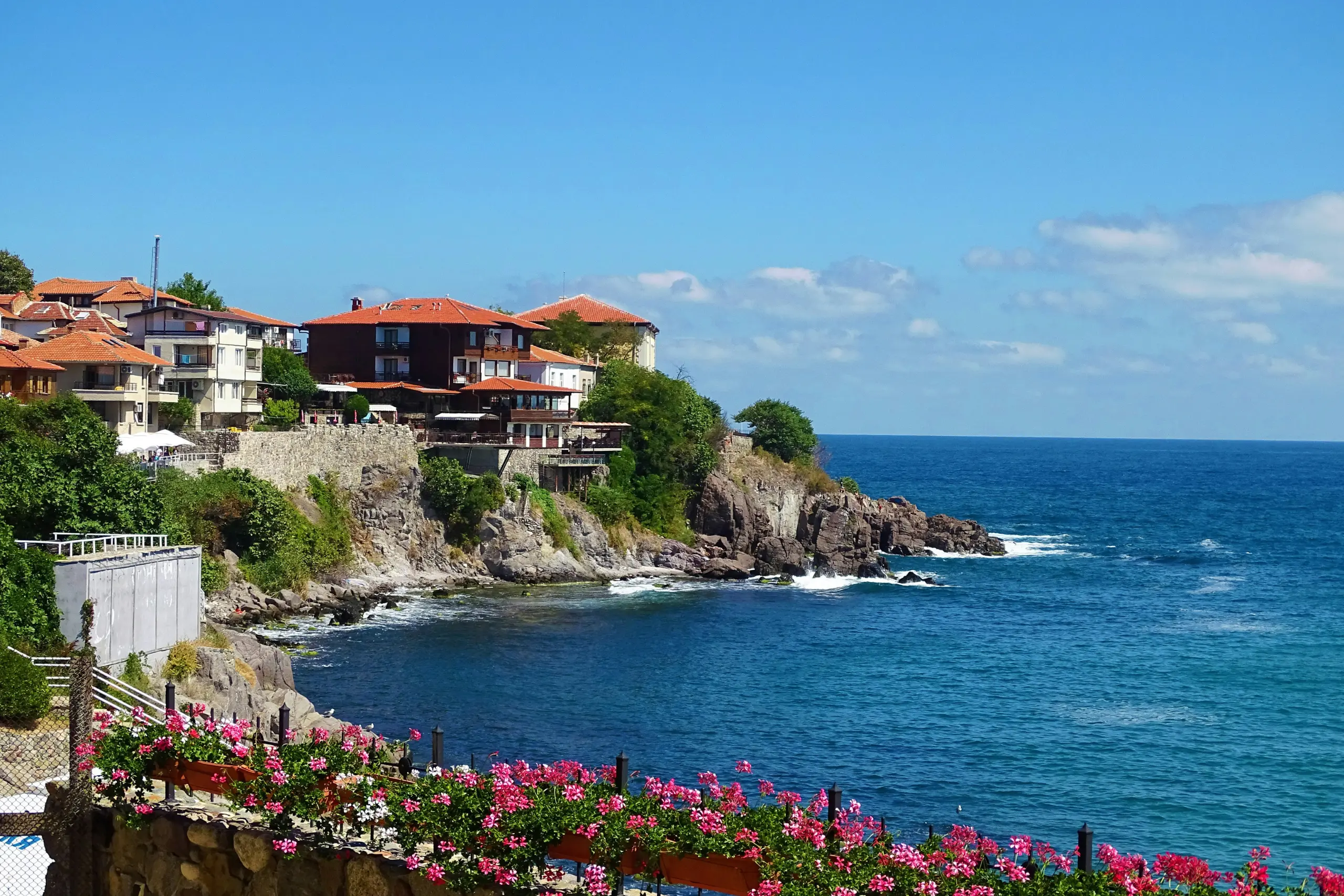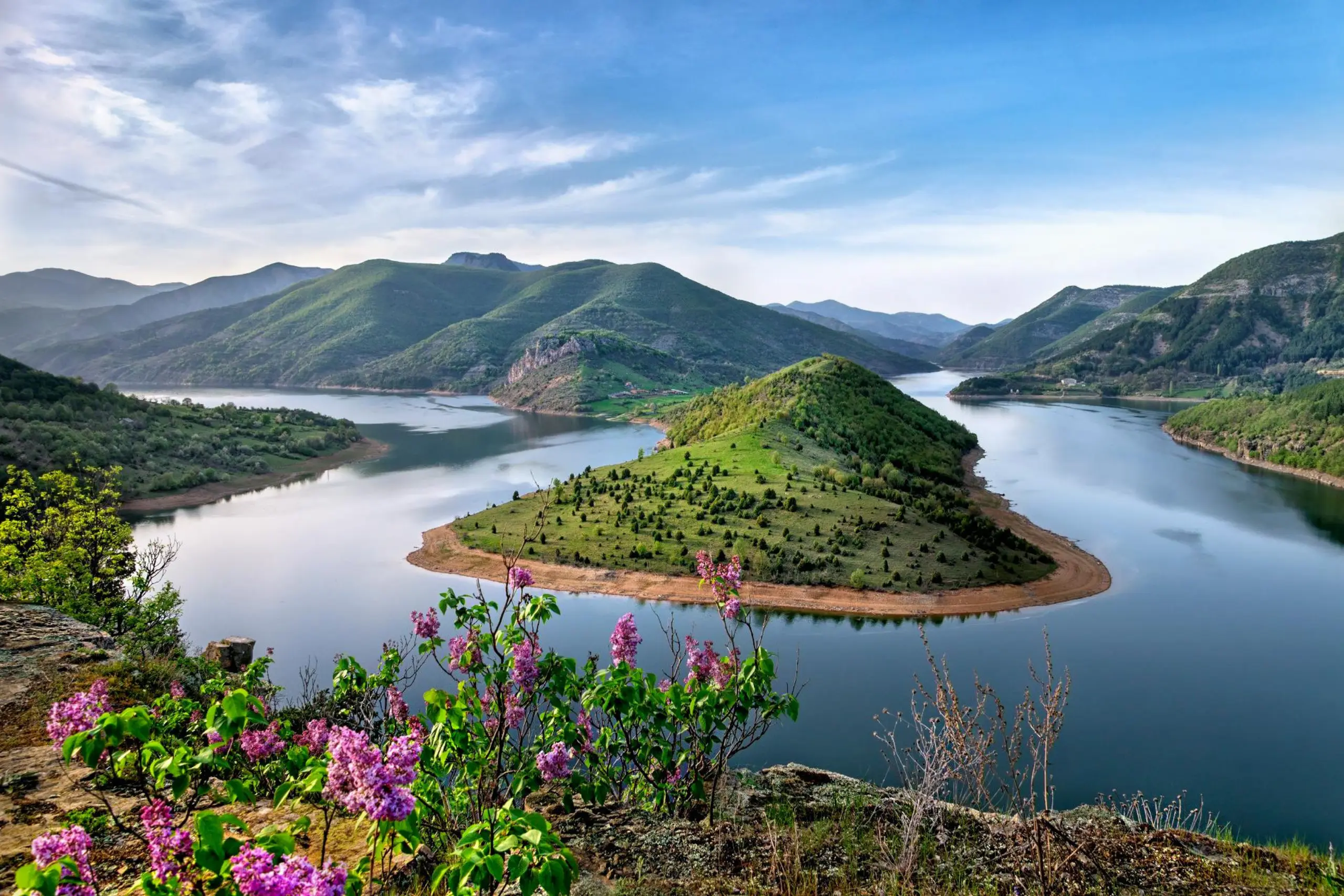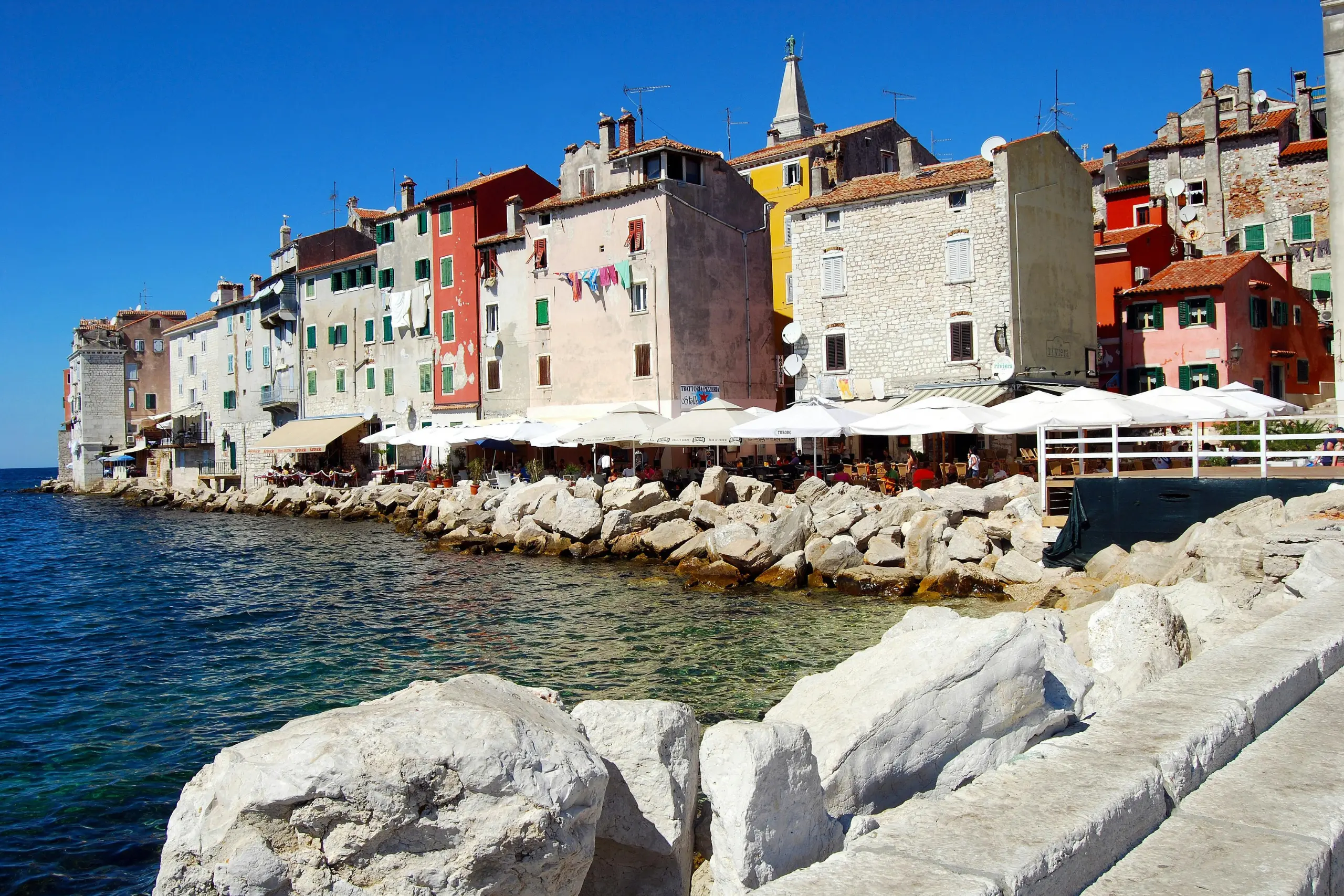Den na Nezavisimostta: The Official Bulgarian Independence Day Countdown



The fragrant valley of the roses
Day(s)
:
Hour(s)
:
Minute(s)
:
Second(s)
When is the Independence Day of Bulgaria?
Bulgaria’s Independence Day is celebrated on 22 September each year, commemorating the country’s declaration of independence from the Ottoman Empire in 1908.
Is it a public holiday?
Yes, Independence Day in Bulgaria is a public holiday, observed nationwide with official ceremonies, cultural events, and festive gatherings.
History of Bulgaria independence day
The story of Bulgaria’s Independence Day begins long before its declaration in 1908, as the land witnessed human presence since the Middle Paleolithic, with Neanderthal remains dating back 150,000 years. By 47,000 years BP, modern Homo sapiens had arrived in Europe, leaving traces in what is now modern Bulgaria. Civilisations such as the Karanovo culture in 6,500 BC advanced agriculture, while the Varna culture in the fifth millennium BC introduced gold metallurgy, producing treasures like those in the Varna Necropolis — the world’s oldest golden jewellery.
Through centuries, the Thracians emerged as a key ancestral group, shaping early society on the Balkan Peninsula. Their kingdoms, including the Odrysian kingdom under King Teres, thrived before being conquered by Philip II of Macedon in 341 BC. Later, Roman governance in AD 45 brought Christianity in the 4th century, followed by Byzantine control after the fall of Rome in 476. Over time, Slavs and other groups merged with Thracians, paving the way for Bulgarian statehood.
This historical depth made the 1908 declaration of independence more than a political milestone — it was a cultural triumph. As Bulgaria celebrates every 22 September, citizens often follow a festive counter and countdown to the day, marking it with parades, concerts, and patriotic gatherings. The festive spirit reflects centuries of resilience, with the of years since independence reminding Bulgarians of their enduring identity.
Capital of Bulgaria
Sofia, the vibrant capital and largest city of Bulgaria, lies in the Sofia Valley at the foot of Vitosha Mountain in the country’s west. The Iskar River and numerous mineral springs, including those at the Sofia Central Mineral Baths, add to its charm. The city’s history stretches back to antiquity when it was known as Serdica, inhabited since 7000 BC. Romans took control in 29 BC, and over time, it saw invasions by Huns, Visigoths, Avars, and Slavs.
By 809, Sofia, then called Sredets, became part of the First Bulgarian Empire under Khan Krum. The city later fell to the Byzantines, returned to Bulgarian rule in 1194, and was captured by the Ottomans in 1382. After liberation in 1878, it grew rapidly, becoming the political, cultural, and economic hub of the Third Bulgarian State.
Today, Sofia is a blend of history and modernity. It is home to the triangle of religious tolerance — Sveta Nedelya Church, Banya Bashi Mosque, and Sofia Synagogue — as well as UNESCO-listed Boyana Church. The city hosts prestigious institutions like the University of Sofia, the National Opera and Ballet, and the Ivan Vazov National Theatre. With a population exceeding 1.28 million in a metropolitan area of 1.66 million, Sofia is a lively European capital where the festive counter to 22 September is often visible in public squares, reminding residents of their nation’s journey. As the countdown nears, the festive energy builds, and the counter becomes a symbol of pride for all Bulgarians.
| Province (Oblast) | Official Language | Main Dialect | Famous For |
|---|---|---|---|
| Blagoevgrad | Bulgarian | Pirin dialect | Rila Monastery, Pirin Mountains |
| Burgas | Bulgarian | Eastern Bulgarian dialect | Black Sea coast, seaside resorts |
| Varna | Bulgarian | Eastern Bulgarian dialect | Varna Archaeological Museum, Black Sea beaches |
| Veliko Tarnovo | Bulgarian | Central Balkan dialect | Historic capital, Tsarevets Fortress |
| Plovdiv | Bulgarian | Thracian dialect | Roman theatre, cultural festivals |
| Sofia City (Capital) | Bulgarian | Western Bulgarian dialect | Capital city, Alexander Nevsky Cathedral |
| Sofia Province | Bulgarian | Western Bulgarian dialect | Rila Mountains, cultural landmarks |
| Stara Zagora | Bulgarian | Thracian dialect | Ancient ruins, mineral springs |
| Dobrich | Bulgarian | Eastern Bulgarian dialect | Agricultural region, Black Sea coast |
| Gabrovo | Bulgarian | Central Balkan dialect | National Revival architecture, museums |
Source: general information about Bulgaria’s provinces (oblasts).
Bulgaria Independence Day (2025–2030)
| Year | Date | Day |
|---|---|---|
| 2025 | March 3, 2025 | Monday |
| 2026 | March 3, 2026 | Tuesday |
| 2027 | March 3, 2027 | Wednesday |
| 2028 | March 3, 2028 | Friday |
| 2029 | March 3, 2029 | Saturday |
| 2030 | March 3, 2030 | Sunday |
* Observed annually on March 3 — Bulgaria Independence Day.
FAQs
What role does the national anthem play on Independence Day?
“Mila Rodino”—adopted officially in 1964—is often performed during Independence Day ceremonies, along with other patriotic songs at key events.
Do Bulgarians confuse Independence Day with Liberation Day?
Yes, some people mix up 22 September (Independence Day) with 3 March (Liberation Day, which commemorates liberation from Ottoman rule in 1878 via the Treaty of San Stefano).
How is Independence Day celebrated in Bulgaria?
Celebrations typically include wreath-laying ceremonies, cultural performances, flag raising, and fireworks—especially in major cities like Sofia and Veliko Tarnovo.
Why is 22 September significant for Bulgaria?
On that date in 1908, Prince Ferdinand officially declared Bulgaria’s independence, signaling the end of Ottoman rule and establishing full national sovereignty
